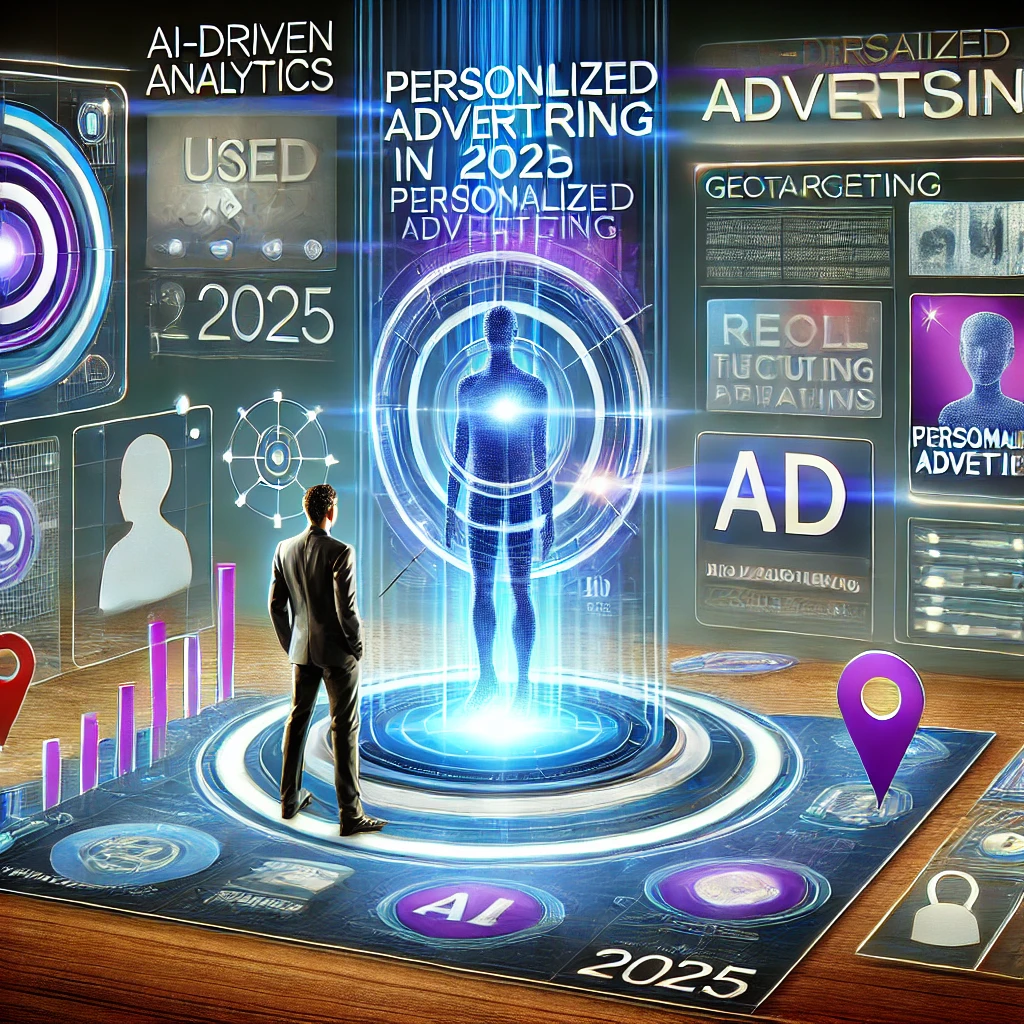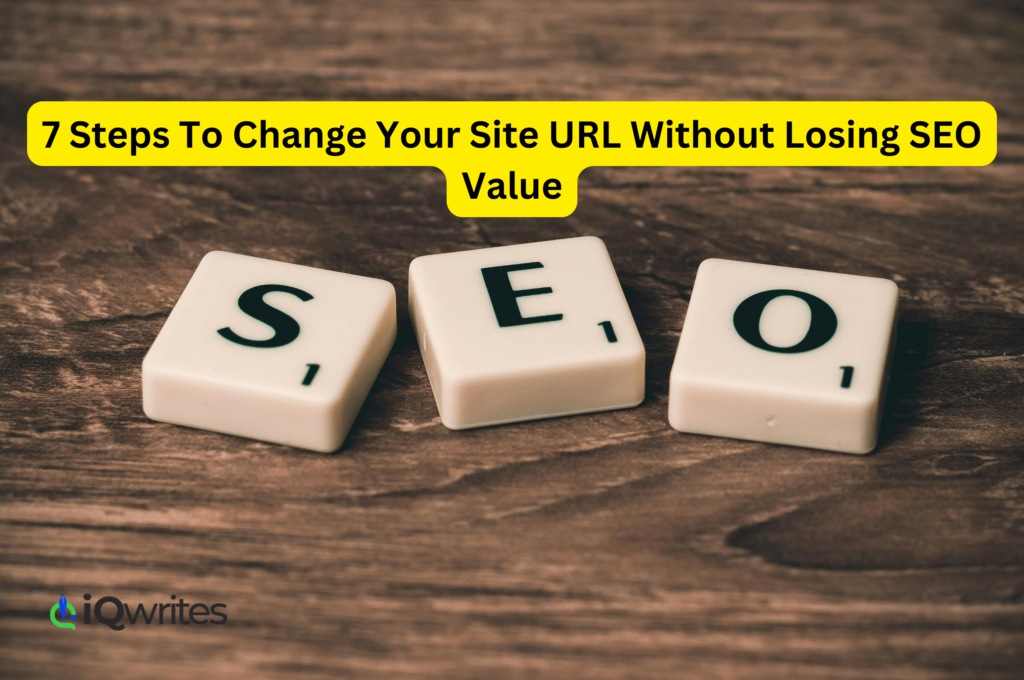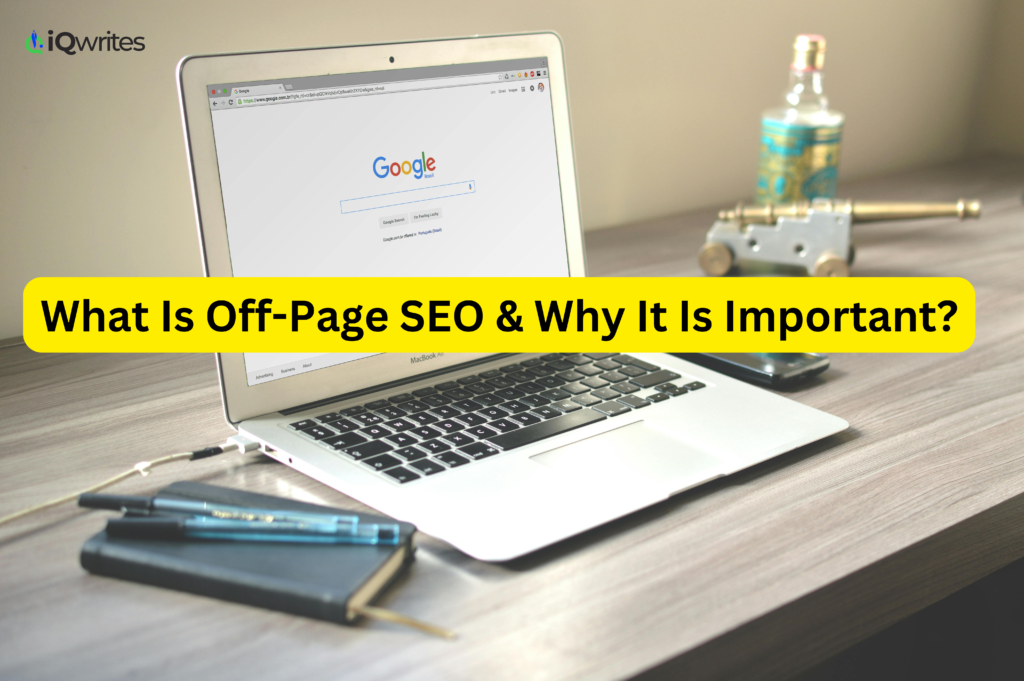In today’s fast-paced digital landscape, consumers expect brands to understand their needs and deliver relevant content. Personalized advertising has become a crucial strategy for businesses aiming to enhance user experience, increase engagement, and improve conversions. By leveraging AI-driven tools, customer data, and smart retargeting techniques, advertisers can create hyper-targeted campaigns that resonate with their audience.

5 Common Copywriting Mistakes That Are Killing Your Conversions
In this article, we’ll explore the benefits of personalized advertising, the latest strategies, and how to implement them for maximum impact.
What is Personalized Advertising?
Personalized advertising refers to the process of tailoring ads based on user preferences, behaviors, demographics, and online interactions. Instead of generic ads that appeal to a broad audience, personalized ads deliver relevant content to specific users, increasing the likelihood of engagement and conversion.
Benefits of Personalized Advertising
- Higher Click-Through Rates (CTR): Customized ads are more relevant to users, leading to higher engagement.
- Lower Cost Per Acquisition (CPA): More relevant ads result in improved conversions at a lower cost.
- Better Return on Investment (ROI): A combination of higher CTR and lower CPA leads to increased profitability.
- Enhanced User Experience: Consumers appreciate tailored recommendations, making them more likely to trust and interact with your brand.
EEAT: The Key to Boosting Your Website & Authority
Top Strategies for Implementing Personalized Advertising
1. Leverage AI for Smart Ad Targeting
Artificial Intelligence (AI) has revolutionized advertising by enabling automated ad creation and targeting. AI-powered platforms like Google Ads and Meta Ads use machine learning to analyze user data and optimize ad placements. Key AI-driven techniques include:
- Automated bid adjustments for better ROI
- AI-generated ad headlines and descriptions
- Predictive audience targeting
Mastering On-Page SEO: The Ultimate Guide to Optimizing Your Website
2. Use Customer Data for Hyper-Targeting
Brands can utilize first-party customer data from website visits, purchases, and email interactions to create highly specific audience segments. By analyzing customer behaviors, advertisers can develop personalized ad campaigns that align with user interests.
3. Implement Retargeting Campaigns
Retargeting (or remarketing) allows businesses to reconnect with users who have previously interacted with their website but didn’t convert. Dynamic retargeting can display personalized product recommendations based on past browsing history, increasing the chances of conversion.
4. Utilize Dynamic Search Ads
Dynamic Search Ads (DSAs) automatically generate ad copy and match it to relevant search queries. This ensures that your ads remain relevant even as your website content evolves. DSAs are particularly effective for e-commerce businesses with large inventories.
5. Personalize Ads with Geotargeting
Geotargeting enables advertisers to show ads based on a user’s physical location. This is especially beneficial for local businesses looking to attract nearby customers. For example, a restaurant can serve ads promoting lunch discounts to users within a 5-mile radius.
6. Optimize Ad Creatives for Different Audiences
Ad creatives (images, videos, and copy) should be personalized for different audience segments. A/B testing different versions of ads can help determine what resonates best with each demographic.
Future Trends in Personalized Advertising
As technology evolves, personalized advertising will become even more sophisticated. Key trends to watch include:
- AI-driven predictive analytics: Ads will be more predictive rather than reactive.
- Voice search optimization: Personalized ads tailored for voice-based search queries.
- Privacy-first personalization: Advertisers will need to balance personalization with user data privacy regulations like GDPR and CCPA.
Conclusion
Personalized advertising is no longer a luxury—it’s a necessity for businesses looking to stand out in 2025. By leveraging AI, customer data, and retargeting techniques, brands can create more engaging and effective ad campaigns. With the right strategies, personalized advertising can drive higher conversions, improve user experience, and maximize ROI.
Are you ready to optimize your ad strategy? Start implementing personalized advertising today and watch your marketing results soar!

